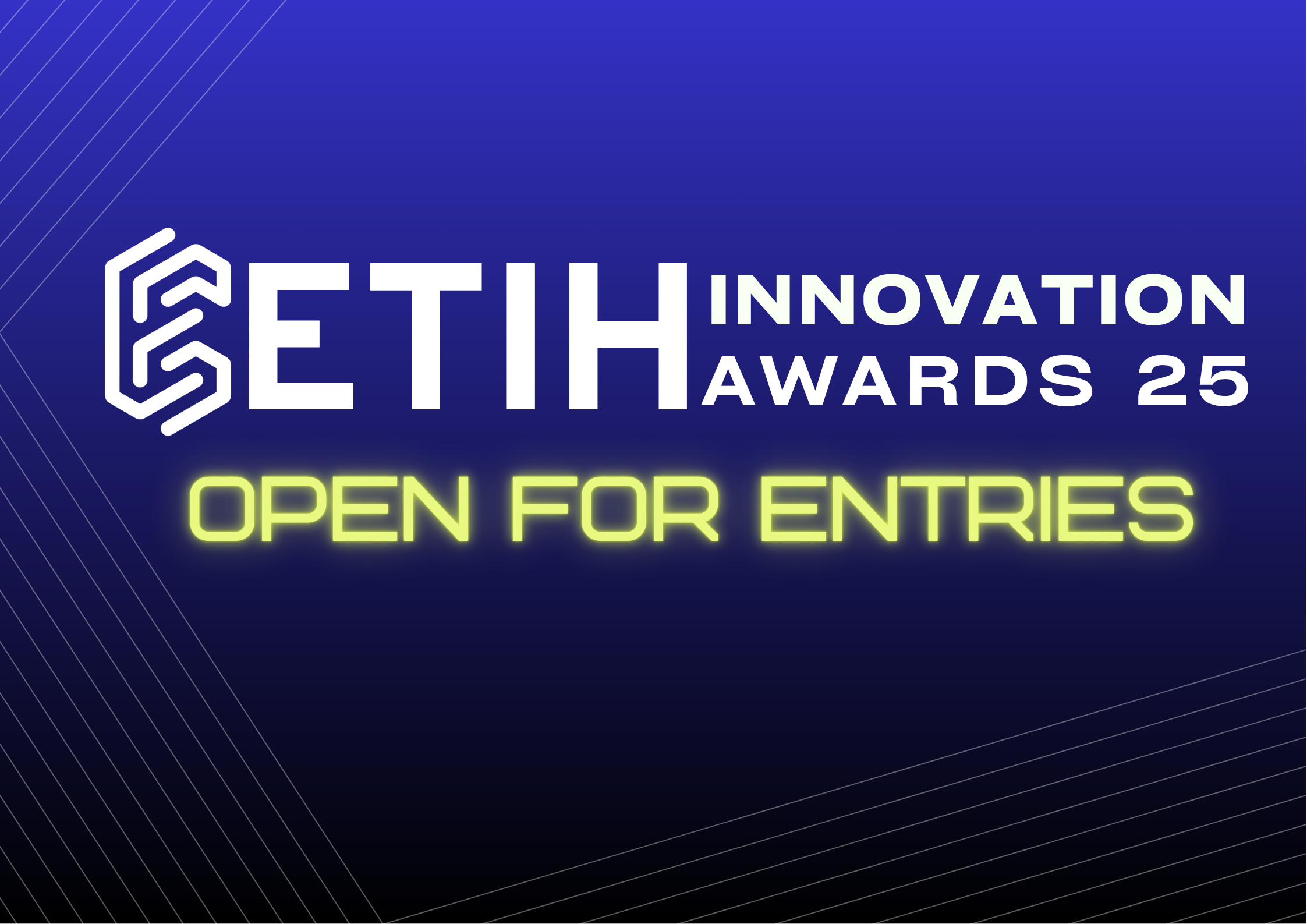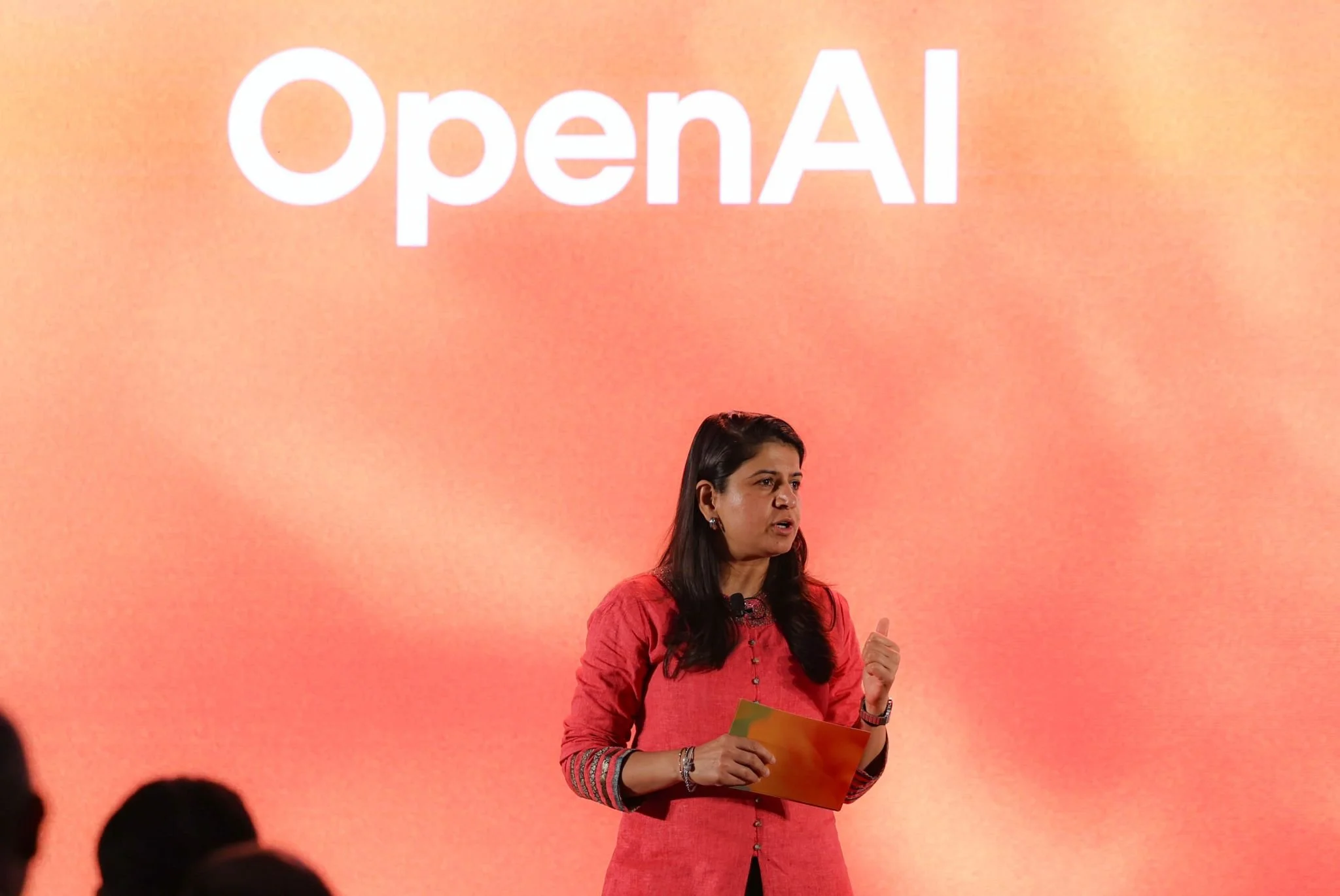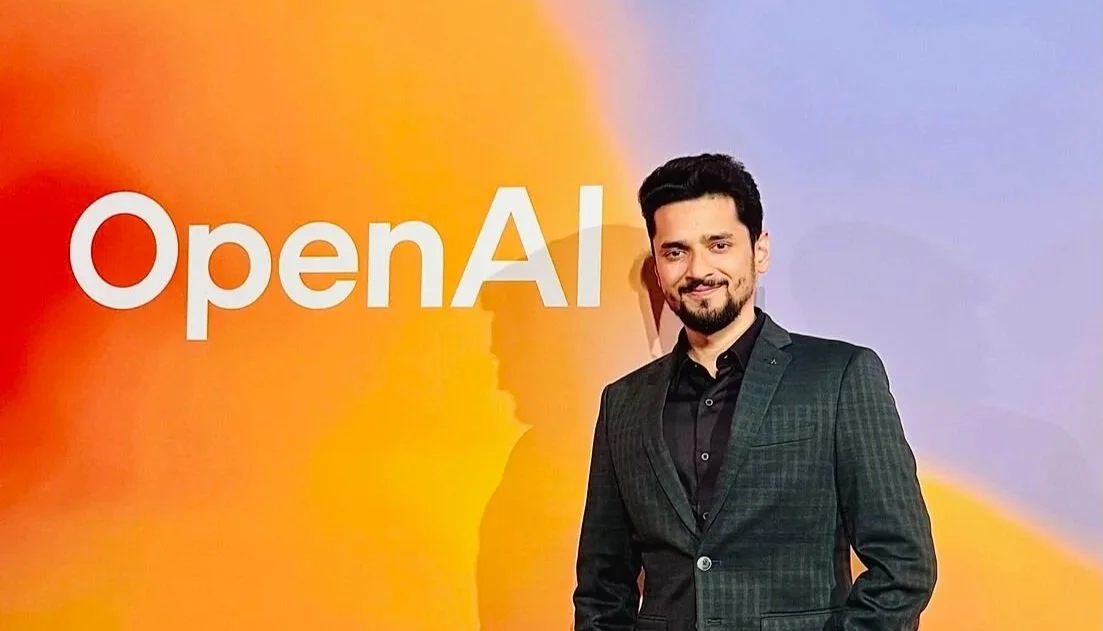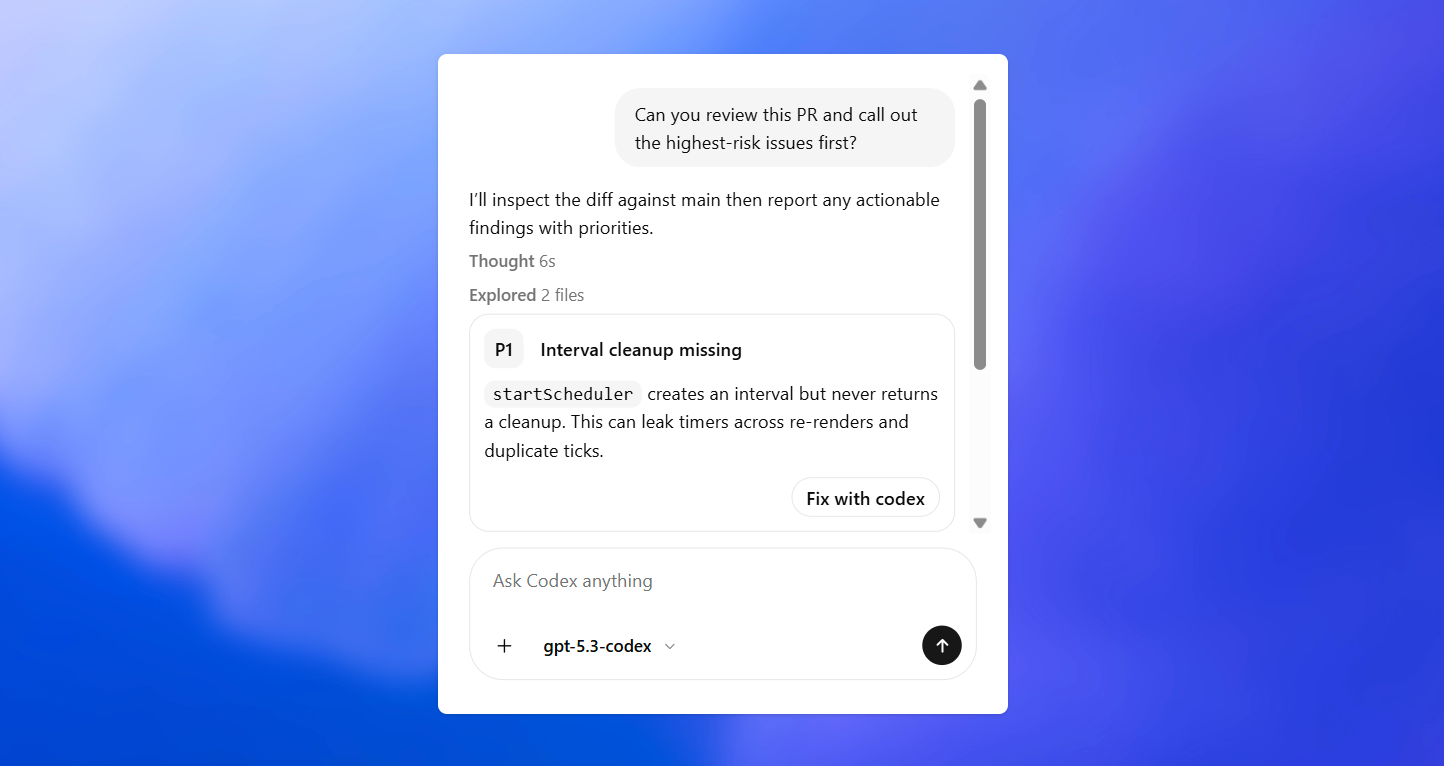Teachers ‘believe they are cheating’ when using AI for core tasks, according to new Bett survey
A new survey, conducted by YouGov for Bett, has found that 44 percent of teachers believe they are “cheating” by using AI for core teaching tasks. The same percentage of teachers that use AI feel they are “not doing their job properly” when using it.
Bett surveyed 1,023 teachers about their use of AI and found that despite these concerns, 34 percent experienced decreased workload as a result of using AI, while just three percent reported an increase.
Nearly half (49 percent) of all teachers surveyed said they were now using AI “at least monthly” and a quarter (26 percent) are using it weekly but just eight percent use the technology daily.
The survey also revealed that 54 percent of teachers see a divide in their schools between teachers who are confident using AI and colleagues struggling with its adoption. Nearly a third of teachers said they felt intimidated by their students’ superior knowledge of AI and a quarter are concerned about this growing gap.
Student use of AI is a particular concern, with 64 percent of teachers concerned about inaccurate AI-generated information and 73 percent worried about plagiarism.
Despite clear anxieties, among users of AI 49 percent said they felt less stress as a result, and 34 percent said they feel empowered. Only ten percent of AI users felt overwhelmed or confused.
Teachers surveyed said hands-on training (55 percent), case studies of successful implementation (47 percent) and clear policies and evidence-based research on its educational benefits (38 percent) would help support their adoption of AI.
Concerningly, the survey also found that almost half (46 percent) of respondents have received no AI support from their schools, leaving many educators experimenting independently without guidance or institutional support.
‘This is not a battle between humans and machines’
Duncan Verry, Portfolio Director at Bett, comments: “The human elements of teaching – those essential transferable life skills, empathetic connections, and personalised support that teachers know AI cannot replicate – remain firmly in educators' hands.
“This is not a battle between humans and machines, but rather teachers working with intelligent tools to achieve better educational outcomes. AI isn't about replacing teachers. It's offering them the chance to focus more on what they do best: inspiring, guiding, and nurturing young people’s minds.
“But as we all continue to manage this new AI environment, senior leaders must take decisive action to find budget, space and time to train their teachers about AI’s potential.
“We need to address the training gap that currently leaves almost half of teachers without proper AI support from their schools. Schools that are willing to collaborate and pool resources, insights and expertise will benefit. It’s only by acknowledging the progress and the challenges that we’ll be able to ensure AI enhances education rather than creates new burdens.”
The ETIH Innovation Awards 2026
The EdTech Innovation Hub Awards celebrate excellence in global education technology, with a particular focus on workforce development, AI integration, and innovative learning solutions across all stages of education.
Now open for entries, the ETIH Innovation Awards 2026 recognize the companies, platforms, and individuals driving transformation in the sector, from AI-driven assessment tools and personalized learning systems, to upskilling solutions and digital platforms that connect learners with real-world outcomes.
Submissions are open to organizations across the UK, the Americas, and internationally. Entries should highlight measurable impact, whether in K–12 classrooms, higher education institutions, or lifelong learning settings.
Winners will be announced on 14 January 2026 as part of an online showcase featuring expert commentary on emerging trends and standout innovation. All winners and finalists will also be featured in our first print magazine, to be distributed at BETT 2026.
To explore categories and submit your entry, visit the ETIH Innovation Awards hub.

























